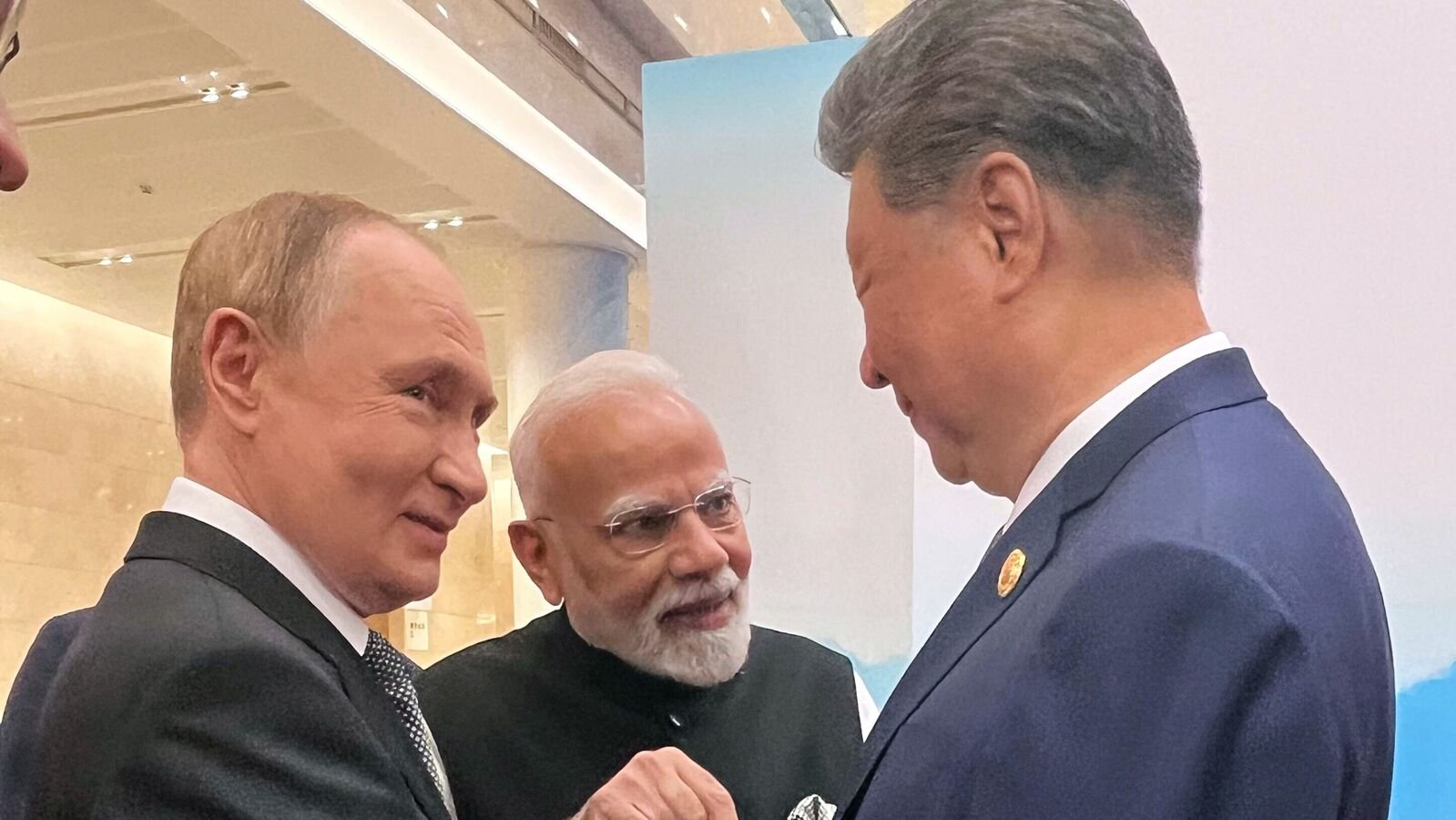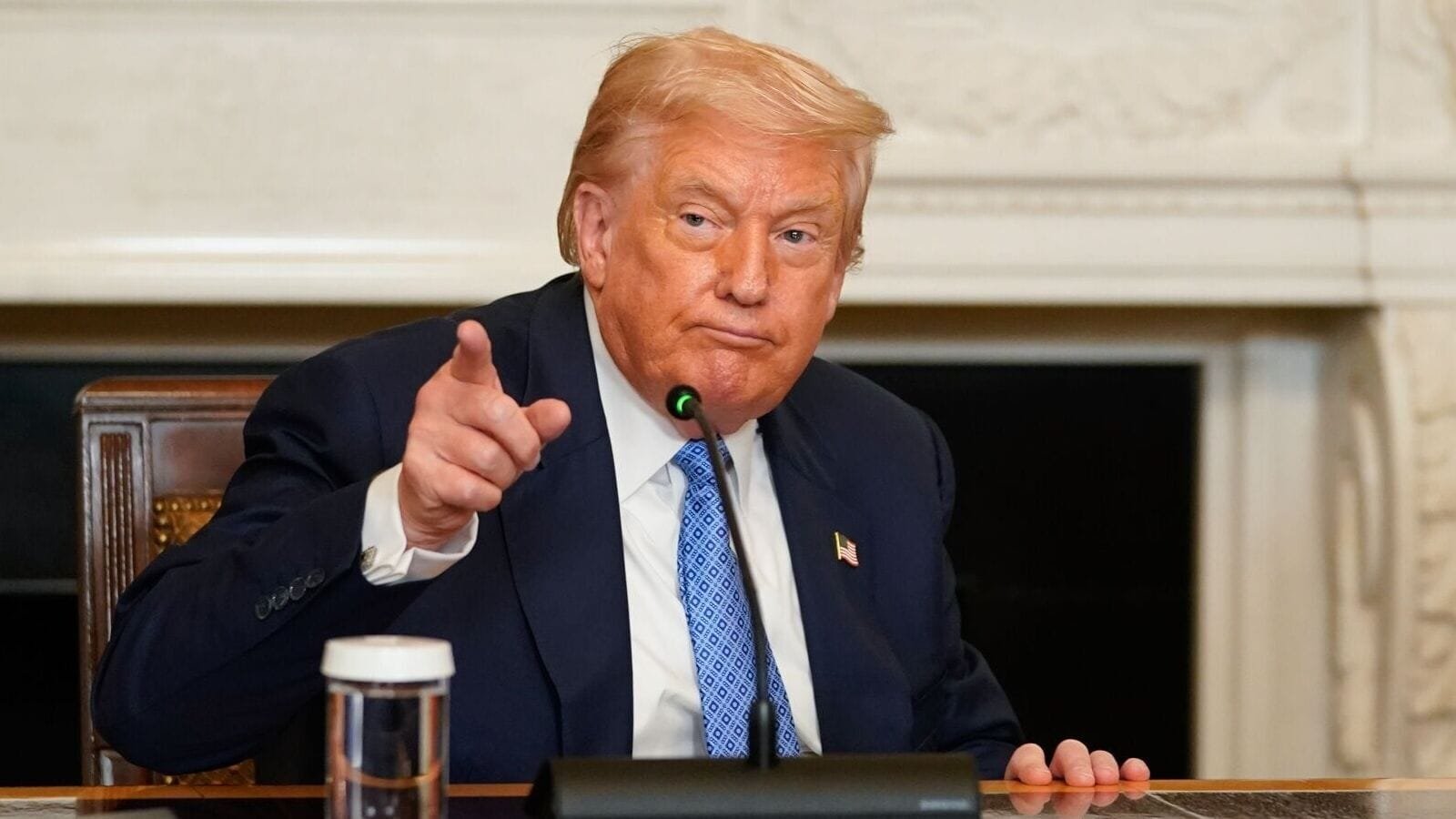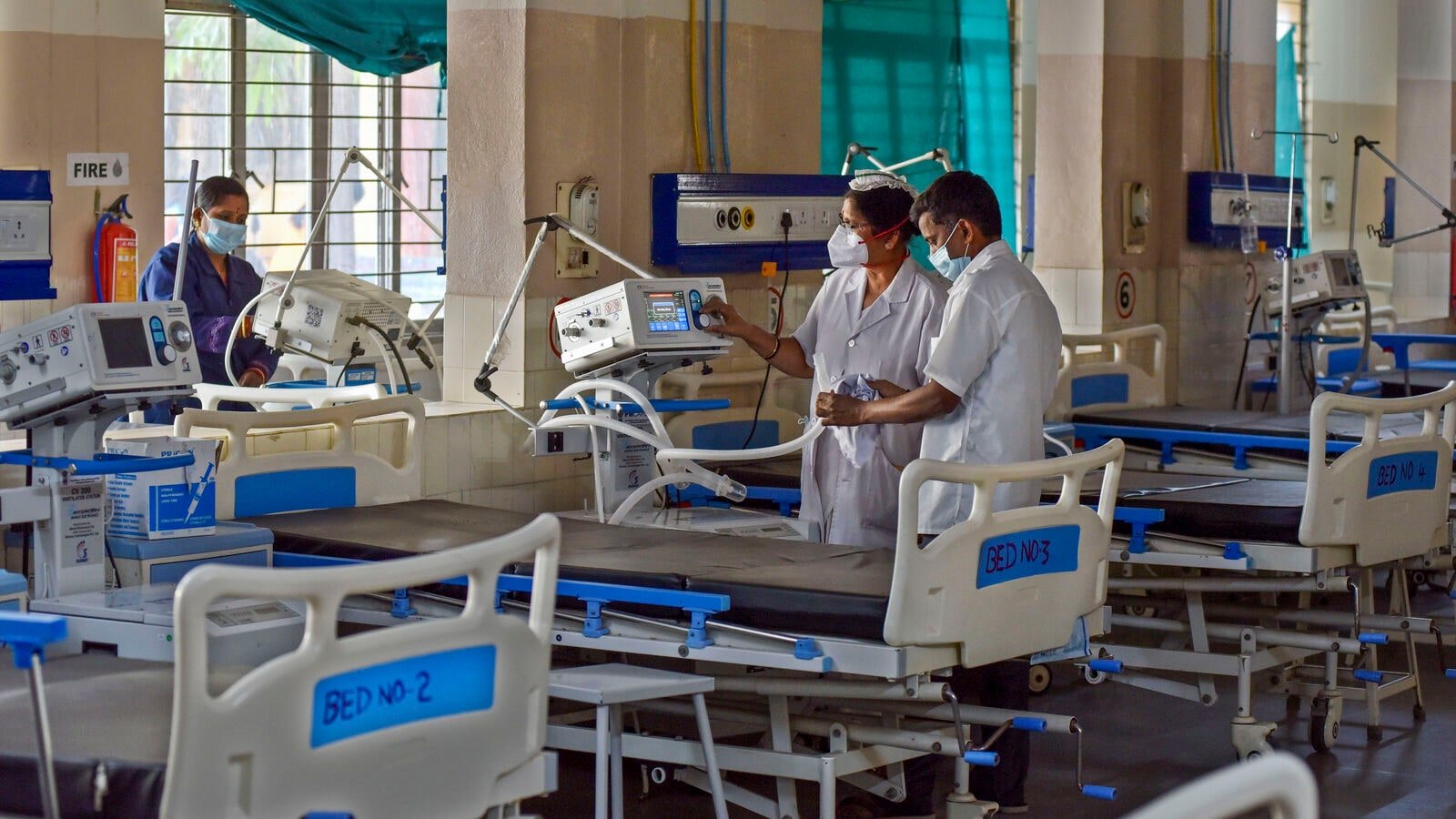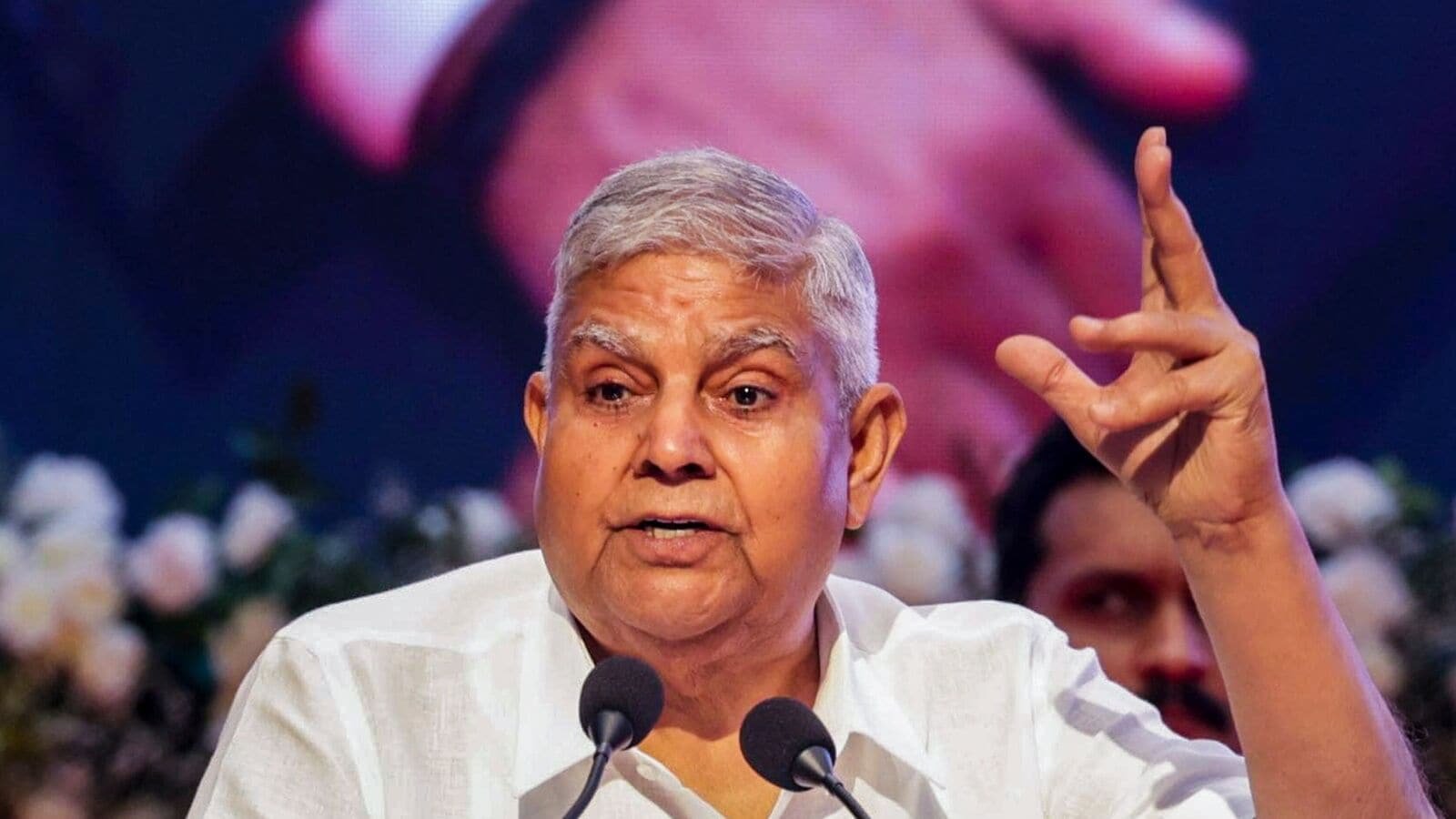How can the SCO make a difference in the post-Trump world?

Mint explains what this regional grouping means for India and the world.
What is the SCO?
The 10-nation grouping was formed in 2001 by China, Russia, Kazakhstan, Kyrgyzstan, Tajikistan, and Uzbekistan. India and Pakistan joined in 2017, Iran in 2023, and Belarus in 2024. While Afghanistan and Mongolia have observer status, there are several dialogue partners.
Economic powerhouses India, China, and Russia are the unstated leaders of the Eurasian and South Asian grouping, touted as the world’s largest regional bloc, representing 24% of global land and 42% of the population.
How’s the 25th summit going?
The SCO holds a summit every year, but this one is watched keenly for its backdrop of actions by a non-member—America. The summit gathered amid massive US tariffs against India, sanctions against Russia, the bombing of Iran and delicate trade negotiations with China.
Headlining the 31 August-1 September summit in Tianjin, a port city in China, were Modi, Russian President Vladimir Putin, and China’s Xi Jinping. Presidents Alexander Lukashenko of Belarus, Masoud Pezeshkian of Iran, Kassym-Jomart Tokayev of Kazakhstan, Sadyr Japarov of Kyrgyzstan, Emomali Rahmon of Tajikistan, Recep Erdogan of Türkiye, Shavkat Mirziyoyev of Uzbekistan, and Pakistan Prime Minister Shehbaz Sharif attended the summit.
What does the Tianjin Declaration say?
It refers to a wide-ranging array of wish lists and statements. Chief among them is the SCO’s opposition to unilateral tariffs and strong condemnation of terrorism. The SCO leaders opposed “unilateral coercive measures, including those of an economic nature, that contravene the UN Charter and other norms of international law, the rules and principles of the World Trade Organization (WTO), damaging the interests of international security, including its food and energy components, negatively affecting the global economy, undermining fair competition, hindering international cooperation and the achievement of the UN Sustainable Development Goals”.
Essentially, this means Trump’s tariffs and economic sanctions could impoverish much of the world, imperil development gains, and make food and energy scarce.
And what about terrorism?
It’s a little more equivocal here, not surprising given the presence of Pakistan in the grouping. The joint declaration said: “The member states strongly condemn terrorism in all its forms and manifestations, stress that double standards in the fight against terrorism are unacceptable, and call on the international community to combat terrorism, including cross-border movement of terrorists, with the central role of the UN, by fully implementing the relevant UN Security Council resolution and the UN Global Counter-Terrorism Strategy in accordance with the UN Charter and the principles of international law, in order to jointly combat all terrorist organizations.”
It stressed the importance of adopting by consensus a comprehensive convention on international terrorism.
It then goes on to “strongly condemn the 22 April terrorist attack in Jammu and Kashmir’s Pahalgam”, which left 26 people dead and sparked a brief armed conflict between India and Pakistan. India blamed Pakistan for the attack.
It “also strongly condemned the terrorist attacks on Jaffer Express on 11 March and in Khuzdar on 21 May 2025″.
“They (member-states) expressed their deepest sympathy and condolences to the families of the dead and the wounded. They further stated that perpetrators, organizers, and sponsors of such attacks must be brought to justice,” the declaration added.
But is the SCO really a cohesive group?
It has been criticized for being dominated by dictatorships (China, Belarus, Iran). The summit will be followed by a military victory day parade in Beijing on 3 September, which will be attended by Putin, North Korea’s Kim Jong-un, and the leaders of Iran and Myanmar.
This will be the first time Putin, Xi, and Kim Jong-un will attend a public event together. The colourful phrase doing the rounds in Western capitals is the “Axis of Upheavals.”
On the other hand, India is present in the grouping—a thriving democracy. Bilateral issues plaguing individual relationships between countries also exist. In that sense, the Tianjin Declaration has managed to strike a compromise. It doesn’t mention the Ukraine war, for instance.
How did India approach the summit?
In the lead-up to the summit, defence minister Rajnath Singh pushed for a condemnation of the Pahalgam attack at an SCO ministerial meeting, but this was rebuffed. So the Tianjin Declaration’s mention of Pahalgam can be seen as a win for India, of sorts, in that it doesn’t mention Pakistan and tries to strike an equivalence long rejected by New Delhi.
The bigger gain for New Delhi may turn out to be the show of solidarity in the face of Trump’s 50% tariffs (25% tariff escalation, plus 25% punitive measure for buying Russian oil). China is the second-largest economy in the world and India the fourth-largest—a fact that’s not easy to brush aside for the US, or for anyone else, for that matter.
China and India are the biggest buyers of Russian oil, which sends out the signal that they won’t be pushed around on energy security.
How did the key bilateral meetings go for India?
These one-to-one meetings, held on the sidelines of the summit, were crucial for India. Modi met separately with Xi and then with Putin, where the leaders would have discussed Trump’s tariffs, their economic relations and trade, and defence security matters.
In the meeting between Modi and Xi, both leaders welcomed the “positive momentum and steady progress in bilateral relations since their last meeting in Kazan in October 2024″ and reaffirmed that the two countries were development partners and not rivals, and that their differences should not turn into disputes. Xi said “both sides need to approach and handle our relationship from a strategic height and long-term perspective” and that “it is the right choice for both sides to be friends”.
Of the meeting with Putin, Modi said: “Even in the most difficult situations, India and Russia have always walked shoulder to shoulder.”
Modi also mentioned recent efforts aimed at ending the war in Ukraine, saying: “We hope that all parties will move forward constructively. A way has to be found to end the conflict as soon as possible and establish permanent peace.”
Putin, in turn, said progress made at his August summit with Trump in Alaska could open a path toward resolving the war in Ukraine. “In this regard, we highly appreciate the efforts and proposals from China and India aimed at facilitating the resolution of the Ukrainian crisis.”
What role does the SCO see for itself in the unfolding post-Trump world scenario?
It is important to remember that the meeting and what it says are largely symbolic. But even in that context, the Tianjin Declaration makes pretty pointed comments about the changing global scenario.
“The world is undergoing profound historical changes that affect all spheres of political, socio-economic and social relations. There is a growing desire to create a more just, equitable, and representative multipolar world order that opens up new prospects for the development of states and mutually beneficial international cooperation,” it said.
“At the same time, geopolitical confrontation, challenges and threats to security and stability, including in the SCO region, are intensifying. The global economy, especially international commodity and financial markets, is experiencing serious turmoil,” it added.
It then goes on to say: “The member states adhere to a line that excludes bloc and confrontational approaches to solving international and regional development problems. They emphasise that cooperation within the SCO can serve as a basis for the formation of an architecture of equal and indivisible security in Eurasia.”
Discover more from News Hub
Subscribe to get the latest posts sent to your email.







